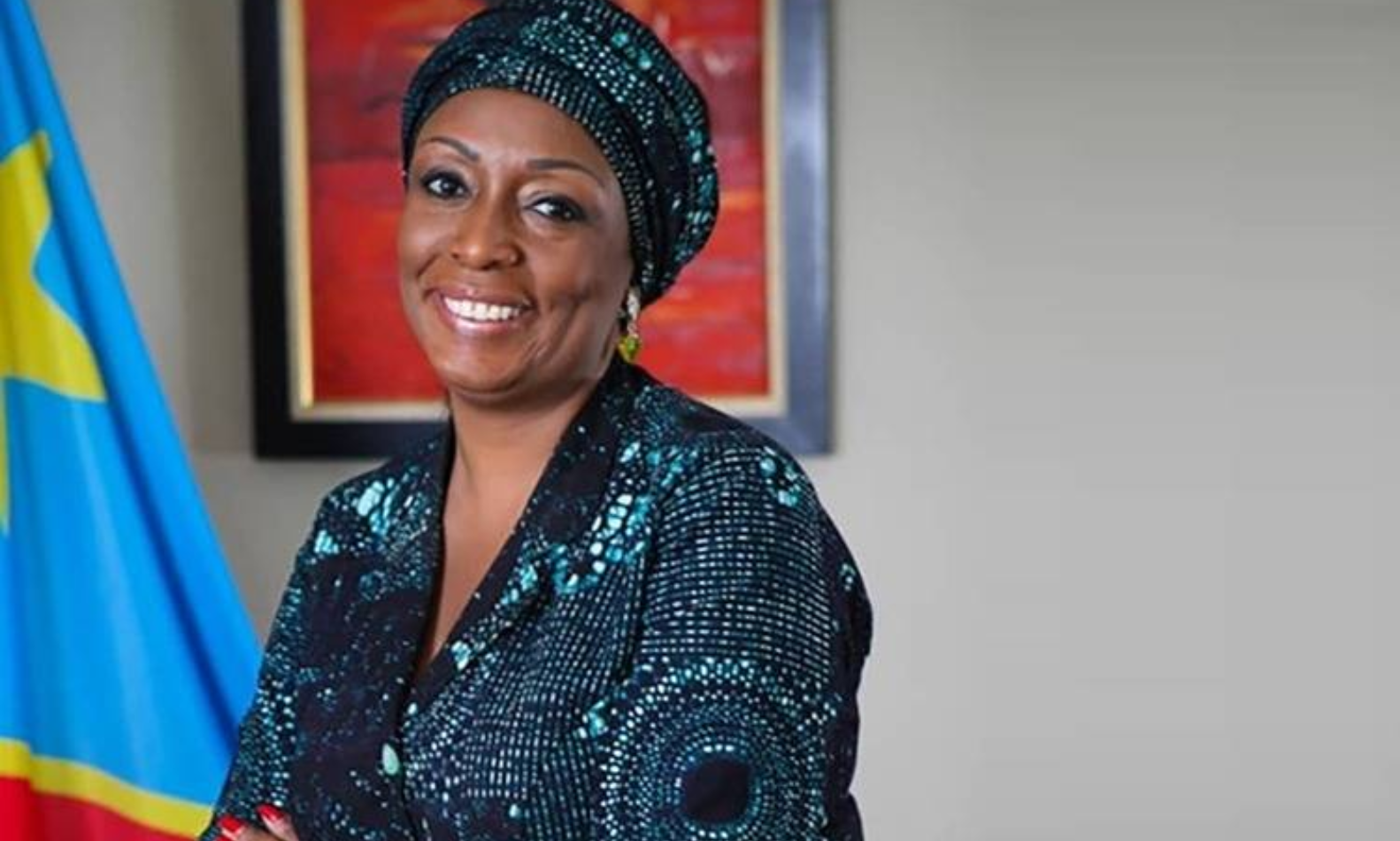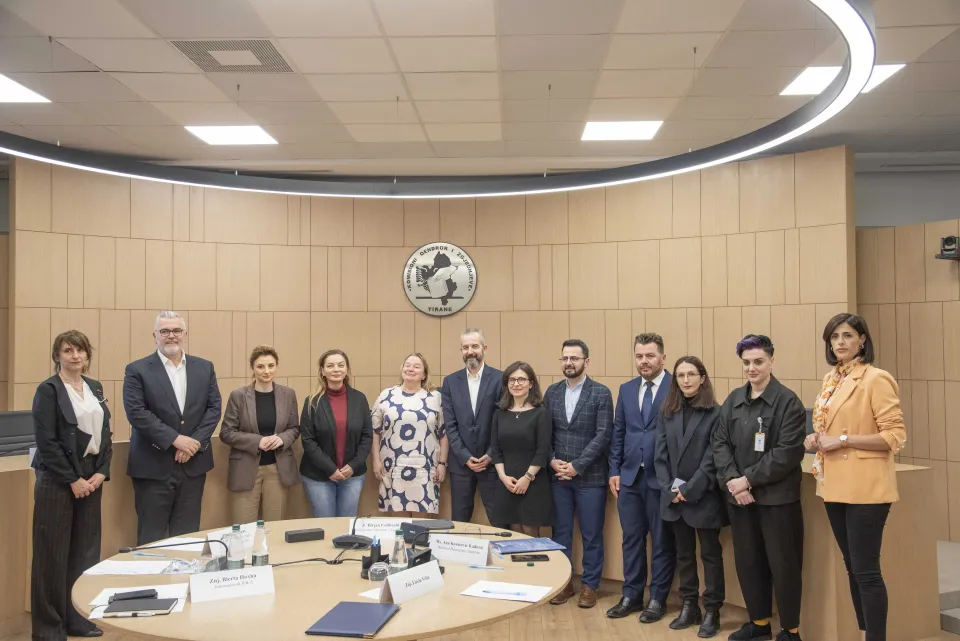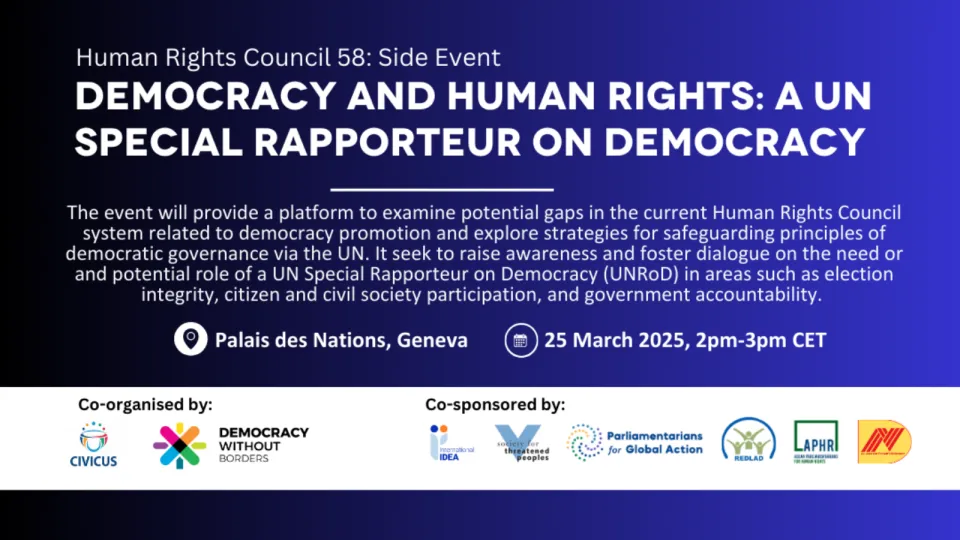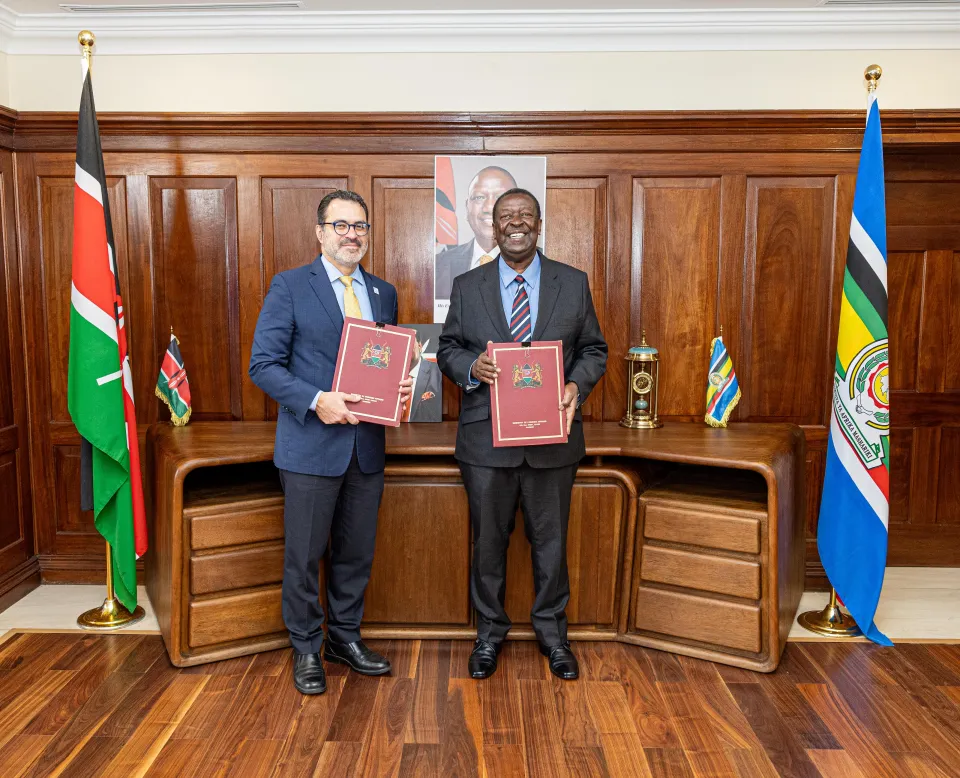No deposit fee for parties that submit a list with 50 percent women candidacy

Last month, the National Assembly in the Democratic Republic of Congo (DRC) voted for a new law that waives deposit fees for political parties that submit a candidacy list comprising 50 percent women, a move to increase women’s political participation in the country.
The draft law has now been sent to the Senate for a second reading in the coming weeks. The country is set to hold elections next year with women being underrepresented across the political board. During the 2018 elections, women candidates for legislative and provincial positions were only 11 percent.
Despite article 14 of the constitution highlighting DRC’s commitment to achieving gender parity in national, provincial, and local institutions efforts to attain gender parity remains elusive. This was worsened by the modification of Article 13 (ii) of the electoral law in December 2017 which removed requirements of parity consideration being given to female representation in each list.

candidate for the 2018 the presidential e
election in the DRC. Wikipedia
According to data provided by Cadre Permanent de Concertation de la Femme Congolaise (CAFCO), during 2018 harmonised elections, women represented 1794 of 15 355 registered legislative and 2 313 of 19 640 provincial candidates. In total, 52 women attained seats in parliament. Marie José Ifoku, a female candidate for the 2018 presidential election in the DRC, spoke at a meeting in Kinshasa recently and called for women to support each other despite patriarchal obstacles in place.
She also called for the media to include women’s voices during election periods: “When I ran for president’s office in 2018, I was shocked to see how disinterested the women whom I trusted were when I approached them,” she explained.
“There is also a need for female solidarity around female leaders and support for women in the media to ensure their visibility at all levels.” Like most Africans, women‘s political participation in DRC is hindered by several factors, including financial resources, lack of education and traditional perceptions.
In addition, the European Network for Central Africa says most women in DRC fail to access the ballot box because of a lack of identification documents.
“As voters’ women face traditional gender roles, gender-based stereotypes and discriminatory attitudes and norms but also practical barriers such as lack of identification documents and documentation required for voter registration and lack of information and awareness about voter registration procedures,” it said its November 2021 policy brief.



